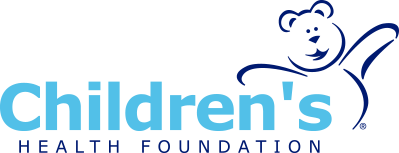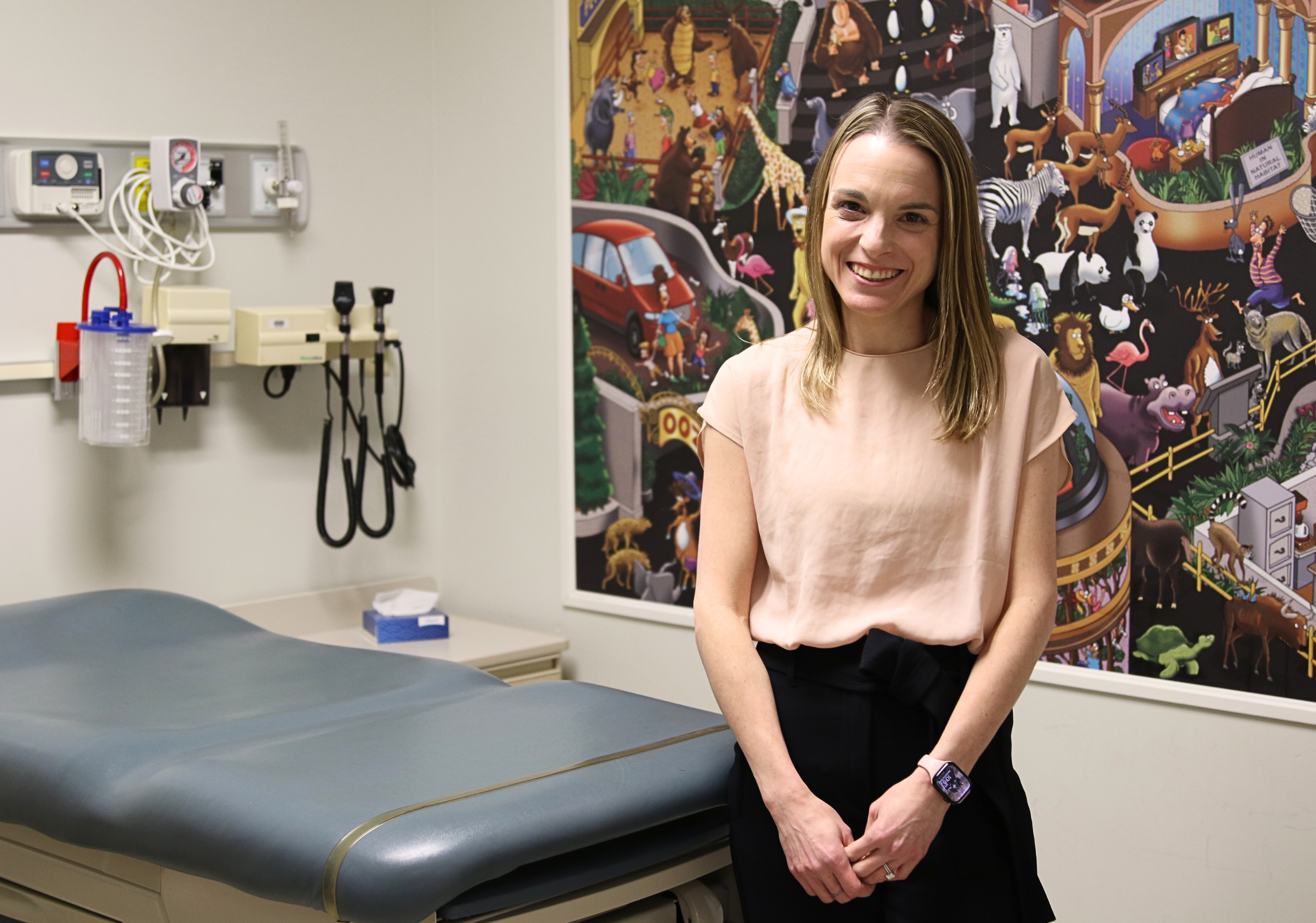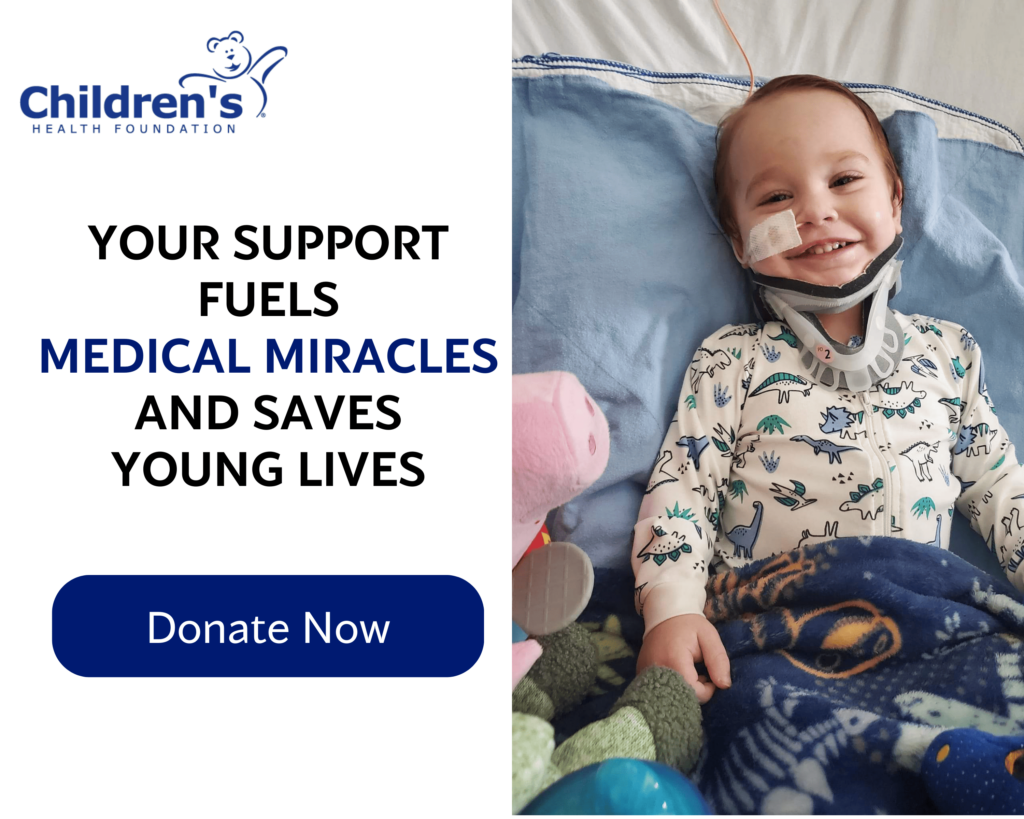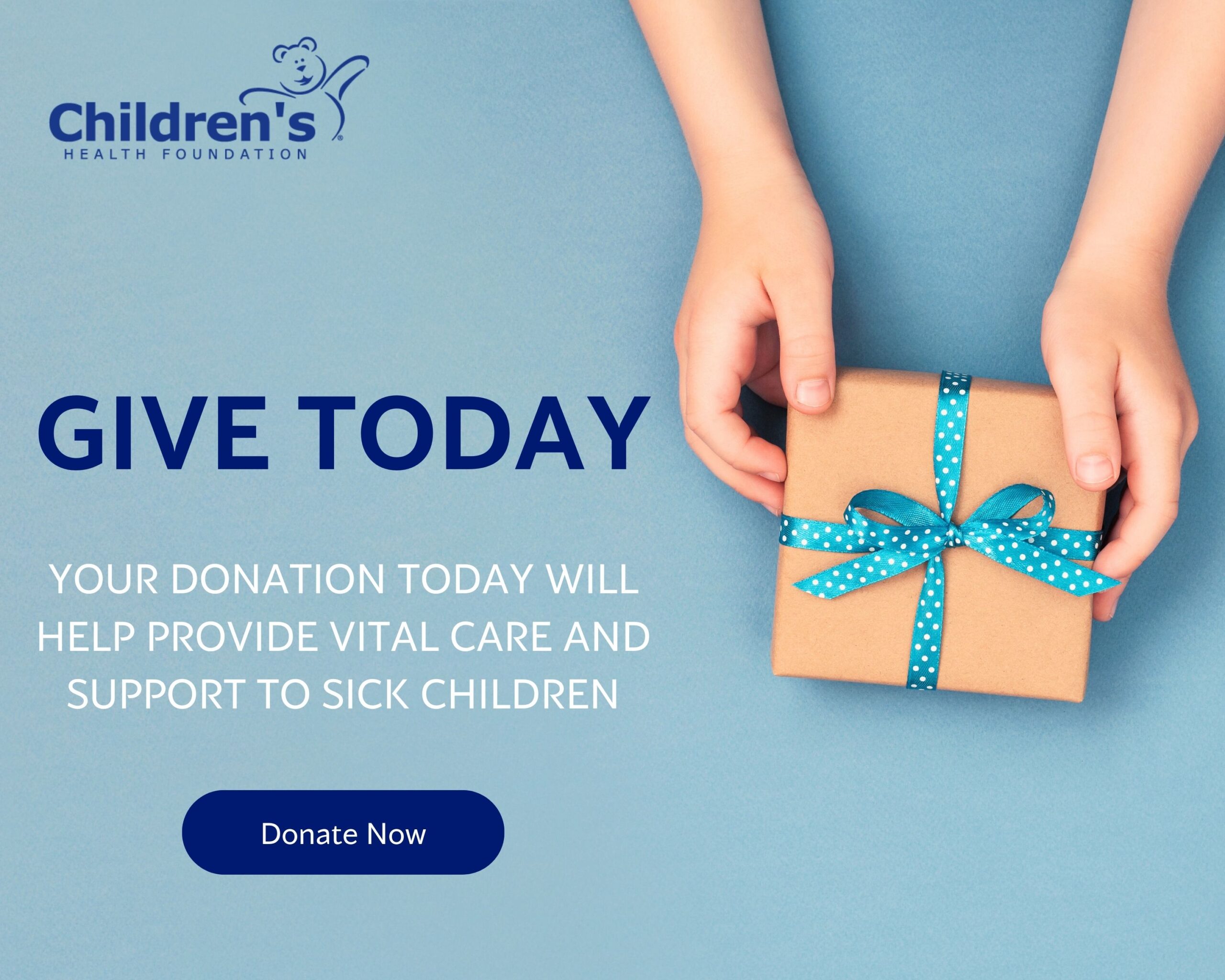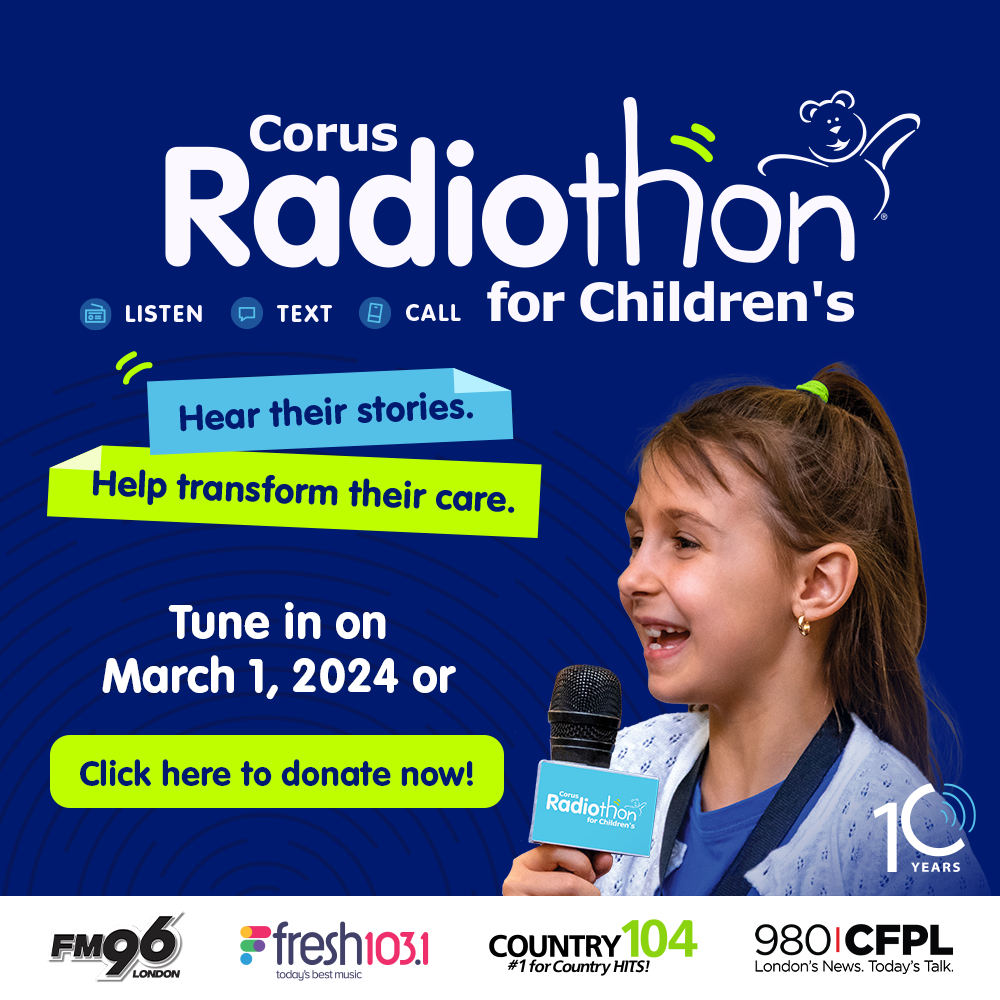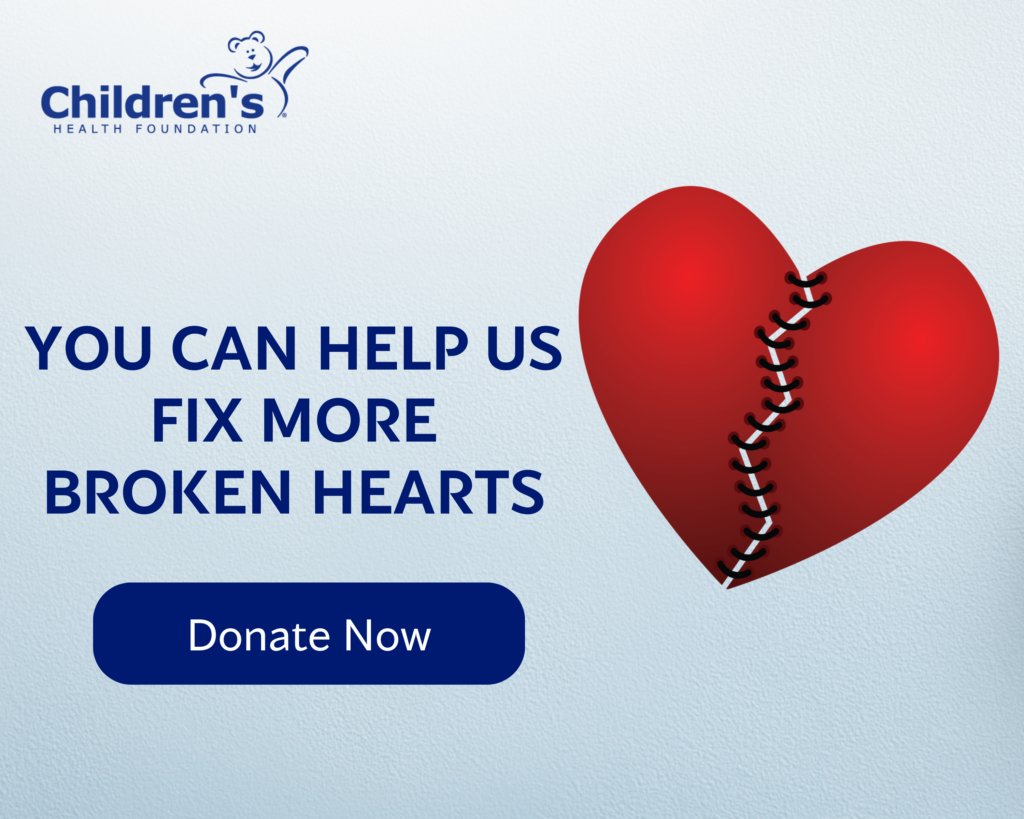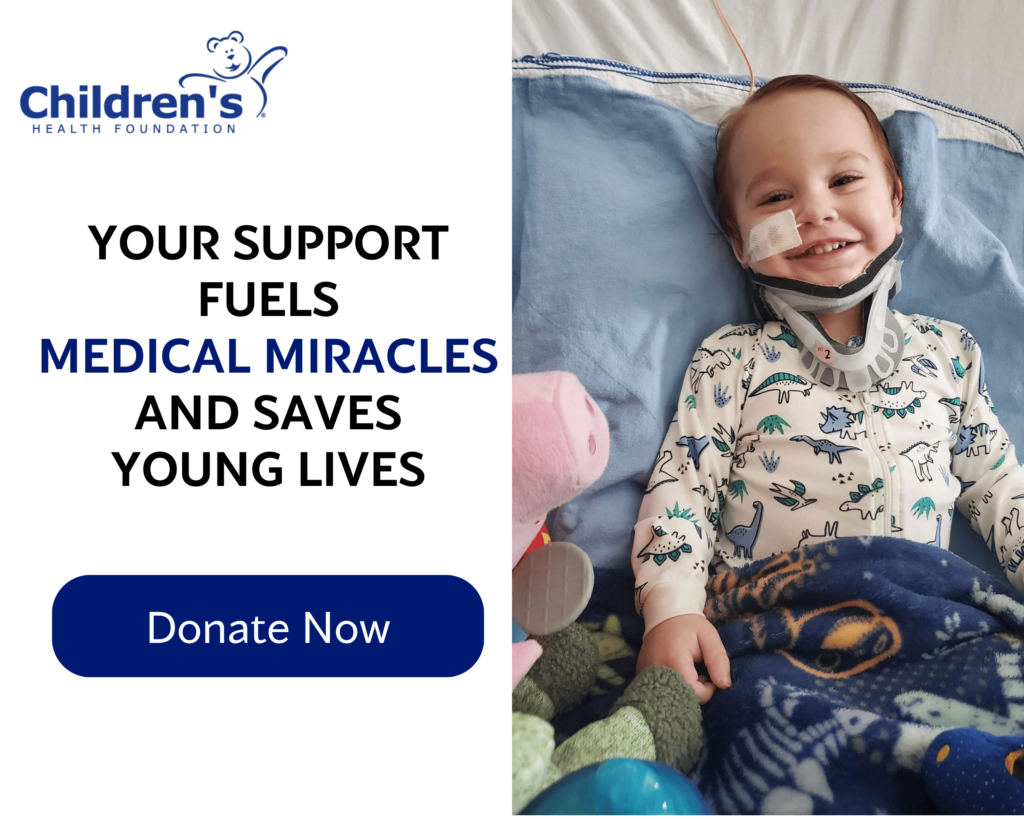Neuro-oncologist Dr. Chantel Cacciotti is pushing the boundaries of cancer care
Dr. Chantel Cacciotti joined Children’s Hospital’s Childhood Cancer Program in 2020, following a sub-specialty fellowship in paediatric neuro-oncology at Boston Children’s Hospital. With goals of improving patient survival and quality of life, she is involved in national and international research collaborations, paediatric clinical trials, and precision medicine-based studies.
What inspired you to want to care for children diagnosed with cancer and particularly those with brain tumors?
My sister was diagnosed with cancer when she was just an infant. Watching the care that she received opened my eyes to this area and made me want to pursue a career in paediatric oncology from a young age. After medical school, I completed a paediatric oncology fellowship at McMaster University and my time there inspired me to sub-specialize in neuro-oncology. I truly feel like we have room to improve the treatments, outcomes and toxicities of our therapy in this population. I’m committed to advancing care and treatment for these children so that they can live and enjoy the best possible futures.
Brain and spinal cord tumours account for 25% of all childhood cancers. What are the outcomes for these patients?
There are many different types of brain and spinal tumours, and survival rates depend on the type of tumour, diagnosis and how advanced the disease is. Some brain tumors have excellent survival rates, whereas others are dismal. Some children who do survive experience life-altering complications because of the tumour location or the treatments they received. They may live with seizures, learning difficulties, hearing or vision limitations, weakness or mobility challenges, to name a few.
Detection and diagnosis are obviously crucial first steps in childhood cancer care. Can you tell us about your exciting research in this area?
Currently, I’m leading a national clinical trial, alongside my colleagues at SickKids, to investigate liquid biopsy. Our aim is to detect circulating tumor cells in cerebrospinal fluid or blood. We believe that with a simple blood test or a fluid from a spinal tap we will be able to determine if someone is responding to treatment, if their tumor is coming back or if they’re at a higher potential for relapse. The cerebrospinal fluid may also allow us to diagnose tumours that are in locations that are unsafe for surgeons to biopsy. This could change the way we manage patients with brain tumours.
What are some avenues you’re investigating to improve the quality of life of brain tumour survivors?
Toxicity from cancer treatment can have a life-long impact on these children and young adults. Part of my research focuses on the long-term survivor population and the impacts the treatment may have had on them. One such example is cardiac toxicity, where the heart may be damaged by the cancer treatment. I am involved in collaborative research with other international centres to evaluate patients at risk for these long-term side effects. Earlier detection of this would allow us to put preventative measures into place sooner, helping protect their heart or other areas of their body that may be affected.
Through these collaborative survivor-based projects, I am also researching the optimal monitoring, in terms of frequency, type of imaging and other aspects, that is beneficial in cancer survivors. We know that after a child is treated for cancer, they are at risk for complications of their treatment, which may include secondary cancer, problems with their heart, vision, hearing, endocrine (hormone) functions, and more. So, we want to be able to find these risks as soon as we can and deliver immediate treatment for enhanced outcomes.
You are part of the Canadian Brain Tumour Consortium. Tell us about that work and how it is impacting care.
The Canadian Brain Tumour Consortium is a national investigator network composed of brain tumour specialists and researchers. Through this large-scale collaboration we are participating in exciting multi-site clinical trials. These clinical trials provide our patients with early access to promising new therapies while also helping shape the future of neuro-oncology care for the world.
What is one thought you would like to leave us with?
Although childhood cancer is incredibly difficult, our children and their families still enjoy beautiful moments of joy, connection, and support. They draw strength through the community they build with each other and with our team. When you walk through the ward, you’ll find families and staff celebrating holidays, having water fights, and just cheering each other on. The care and love everyone gives to each other inspires me to continue in this field and push for better outcomes. Our children deserve the best.
